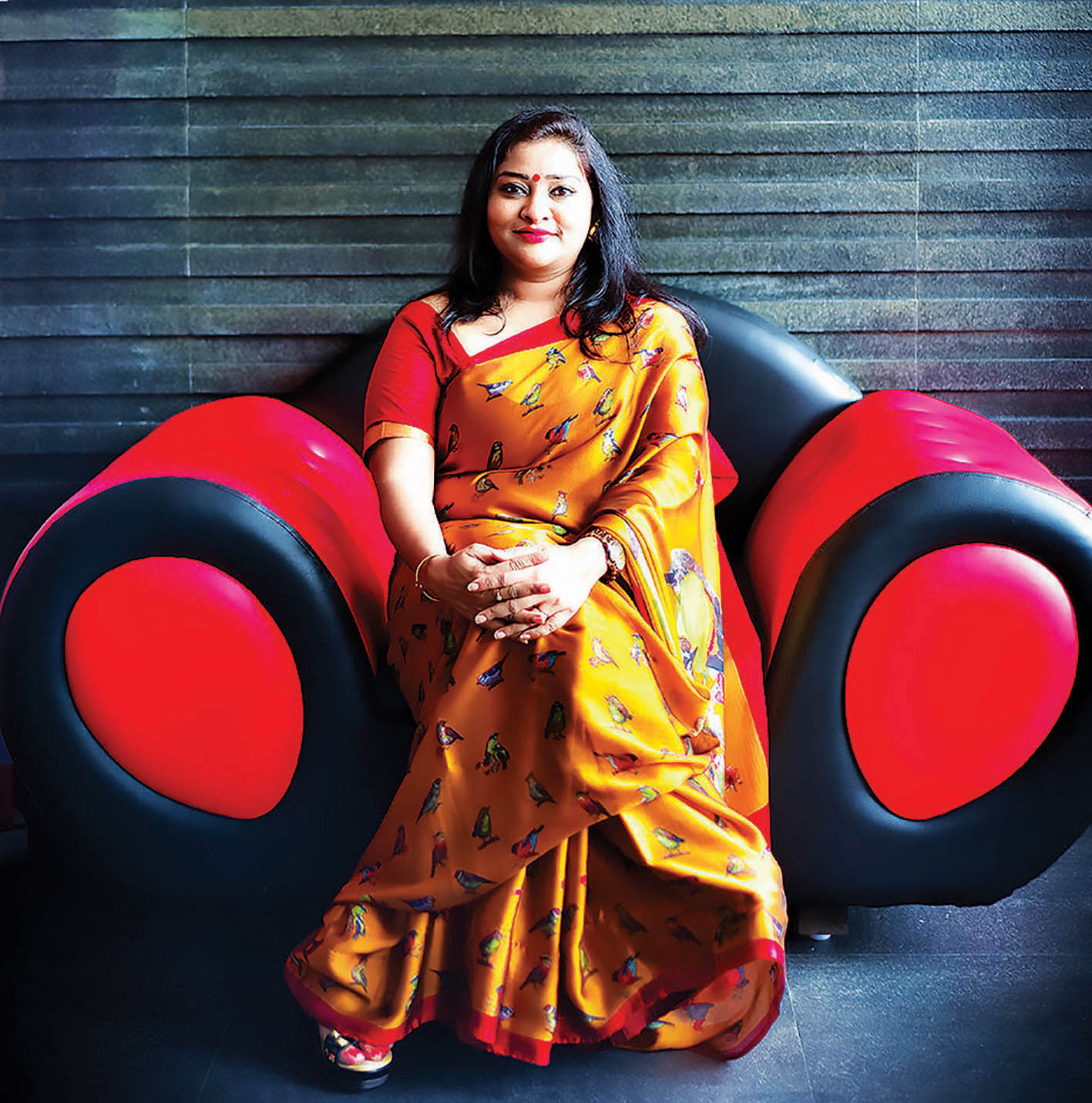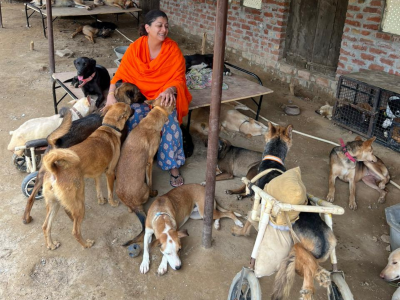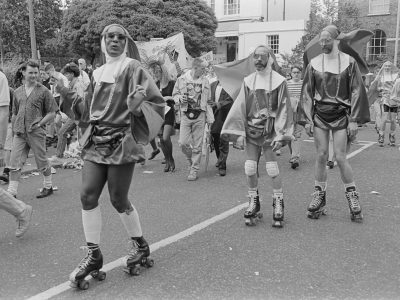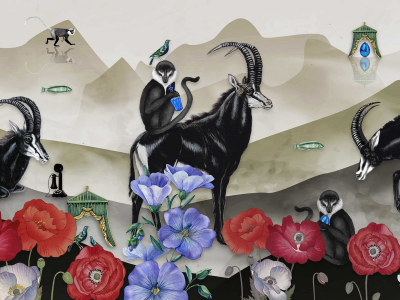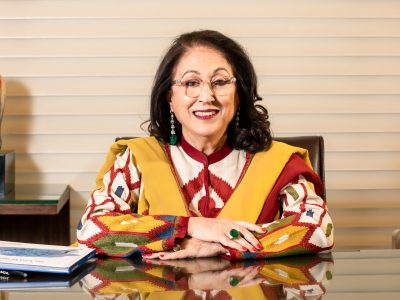The glamour industry accepts transgenders, unlike the corporate sector, says Reena Rai on the eve of a beauty pageant for the community
Back in 2016, a Delhi-based homemaker’s unlikely friendship with a transgender set the ball rolling for Miss Trans Queen India. With the third edition of India’s first-ever beauty pageant for transgender women taking place this week, founder Reena Rai’s journey has not been easy.
Working for the empowerment of trans women since the last four years, Rai’s objective is to create a trans phobia-free India and sensitise kids, youth and parents on gender. One of the novel ways to introduce different shades of trans women was organising beauty pageant and after a lot of deliberation the ‘Miss Trans Queen India’ was formed in 2017. The idea was not only to give a platform to transgender women for showcasing their talent and beauty but also to create larger advocacy around trans-issues and appreciate and recognise the support of the people.
Without any financial aid, Reena conducts the event from her personal savings and a lot of times is ridiculed for supporting this cause. Before the finals in the city, Patriot catches up with Rai as she shares the hurdles faced in this journey and the changes in India after the Section 377 verdict.
Could you please share what prompted you to go ahead and organise a beauty pageant for transgender women?
The beauty pageant was conceived to provide a platform for transgender woman who are ridiculed by the people at large. They struggle at every level and especially with job opportunities as most of the companies do not hire transgenders even though they have the required skills. The idea came into my mind to make them self-sufficient. Moreover, I found out that in the glamour industry, there is far more acceptance of transgenders than in corporate and other sectors. Moreover, the beauty pageant helped in creating awareness about transgenders amongst the masses.
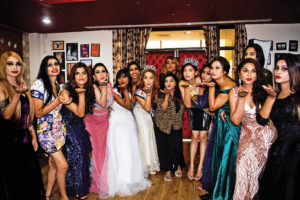
With the third edition here, how has it grown over the years? Has the number of participants increased with each edition?
Since its inception in 2017, it has grown over the years not only in terms of numbers but also in popularity. We receive a lot of applications – 1,500 in 2017 and 2,000 this year. Out of these 2,000 applicants, top 11 were selected. This shows the popularity of the show and tremendous opportunities that the show gives these transgenders.
Could you please explain the process of selection of the contestants for the final round?
The participants undergo rigorous training sessions under the guidance of experts. In the final round, the participants would be judged on the following parameters: skin quality, body type, etiquette and intelligence in Q&As round.
What are the challenges and hurdles you have to overcome for working on this cause?
I would say there have been too many challenges and hurdles. Starting from people’s attitude to getting no support, especially sponsorship of such events. I started this venture with literally no support and received a lot of flak from the public at large. The only support I received was from my husband, mother and daughter who stood by me as well as encouraged me at every level. Even after three years, no one comes forward to financially support such events and I have been doing this on my own savings. This becomes difficult but we have been able to sail through at all times.
As a cisgender working for the cause of transgender woman, what has been your biggest take away from this project?
My biggest takeaway from this project is the passion and commitment amongst transgender women that I see in their eyes. They only require a common platform from where they can soar in the sky. I attribute my success to all the transgenders who come with their dreams in their eyes. Now they are my extended family.
It has been over a year now since the Section 377 verdict. Do you observe any change in the mindset of society so far as the transgender community is concerned?
I feel that youth are now more open than others in the society. We regularly do gender sensitisation to make them aware of transgenders and I hope when they grow up, they will be more conscious and do not discriminate. As far as mindset is concerned, we have a long way to go and this is just the first step.
The Lok Sabha passed The Transgender Persons (Protection of Rights) Bill 2019 which has been considered regressive by many. What is your take on this?
I think the main problem is that it is not inclusive. Crime against women is deplorable and do not think the punishment should be differentiated between transgender and cis women. It also dilutes the punishments for offences committed against transgenders. It is time the government consider transgenders as a part of society and provide the laws for their protection, just like any other citizens.

